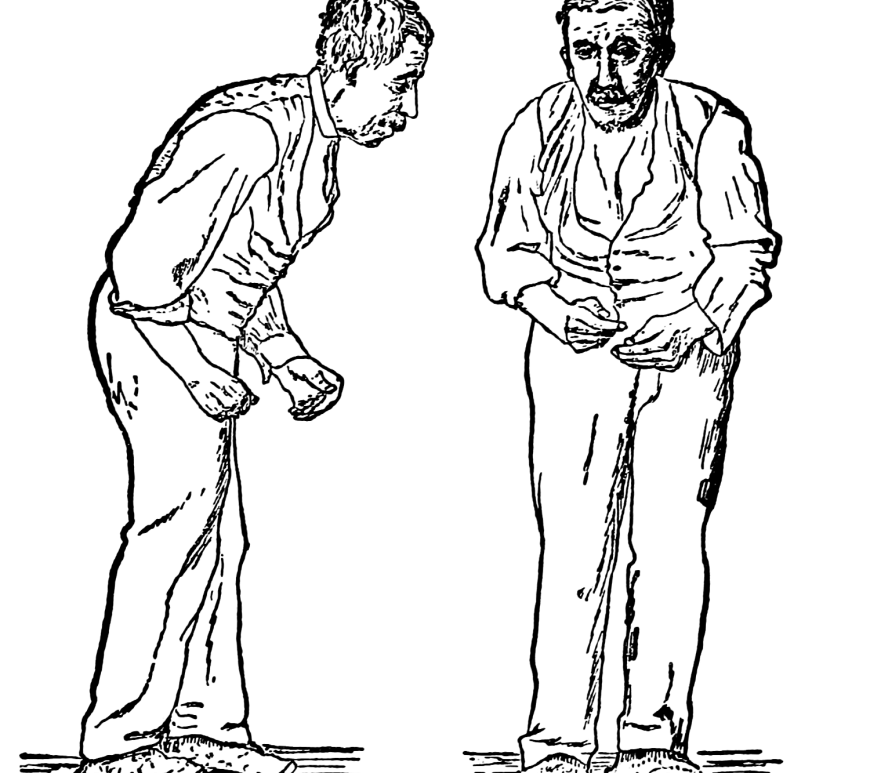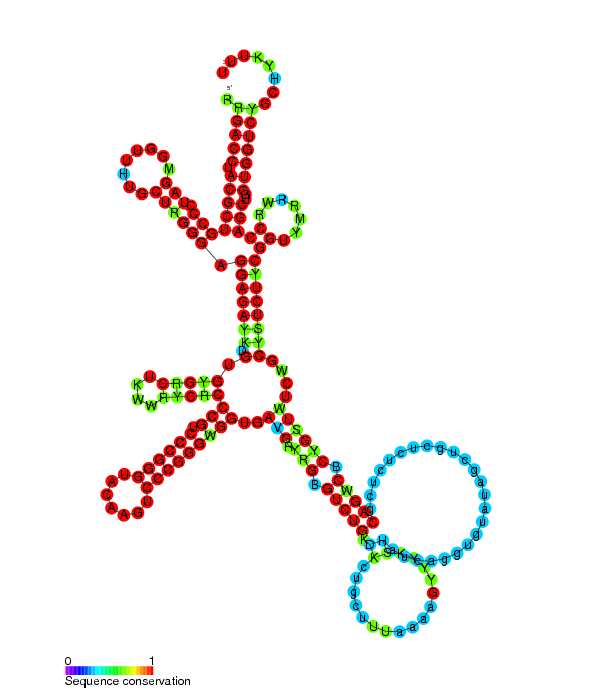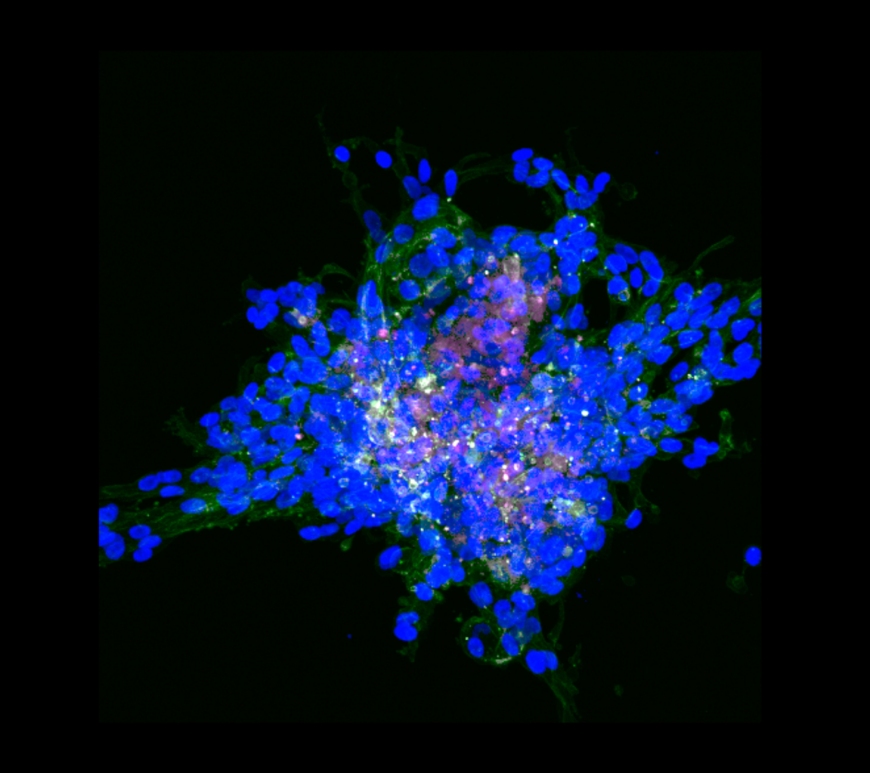
Penguin Nesting Behavior: Effects of Tourism at Port Lockroy
By: Kimberly Johnston, Class of 2026 Figure 1: Gentoo penguin with chicks at Port Lockroy, Antarctica. Antarctic tourism has raised concerns about the effects of human disturbance on gentoo penguins during their breeding season, which coincides with peak tourist activity. For example, the movement of zodiacs used to transport tourists ashore can disrupt the penguins’ normal routes and foraging areas. However, quantifying the effects of … Continue reading Penguin Nesting Behavior: Effects of Tourism at Port Lockroy









